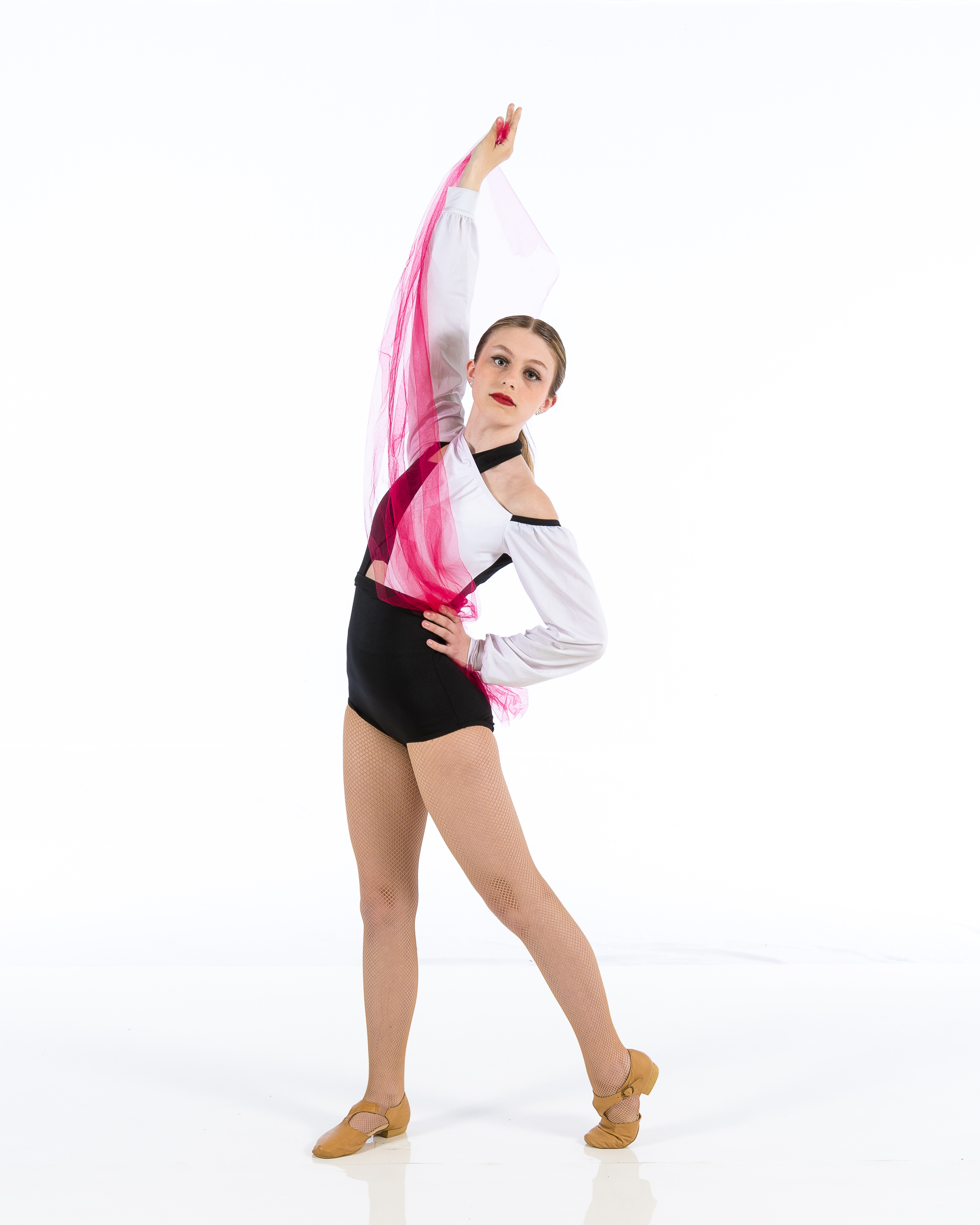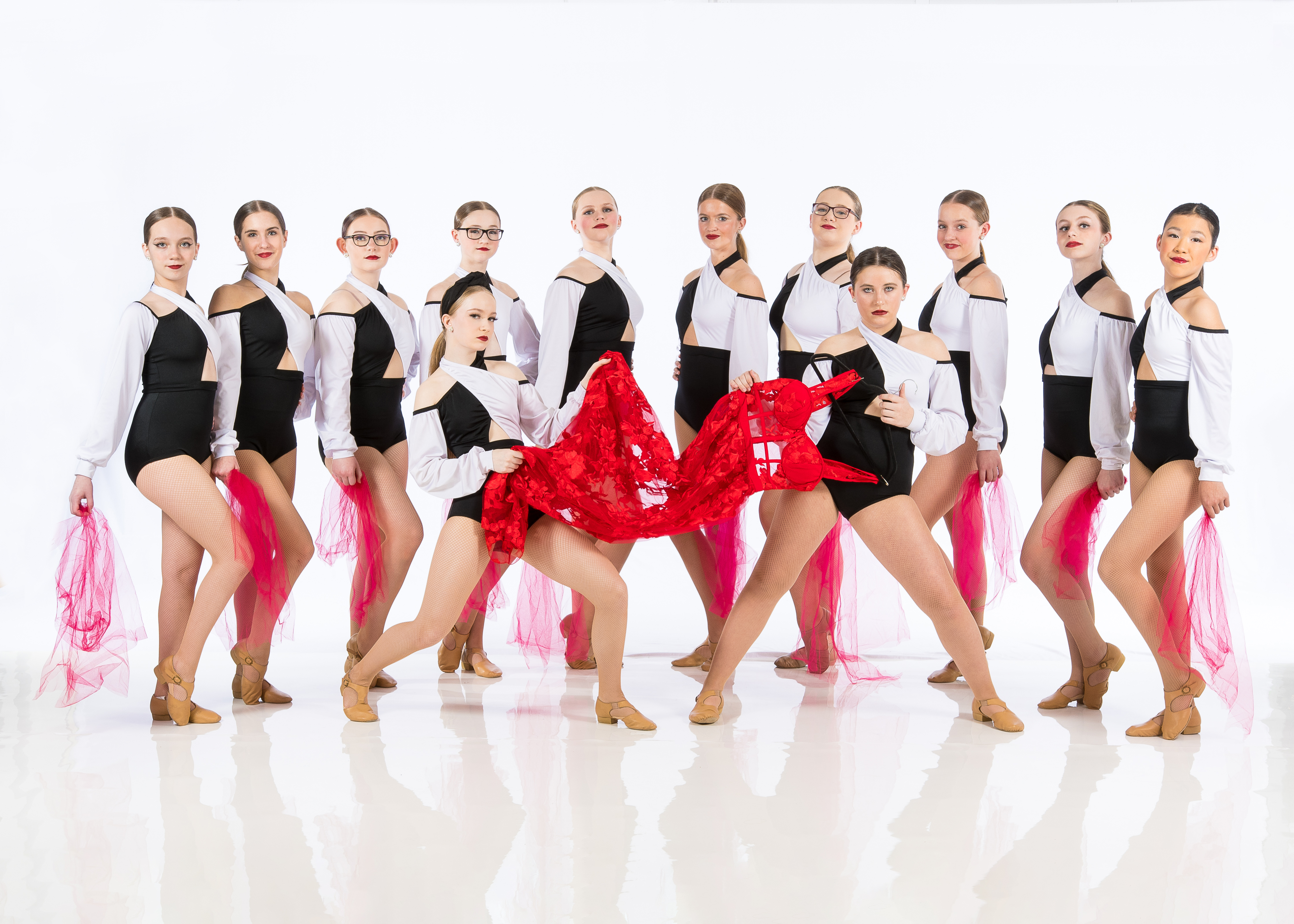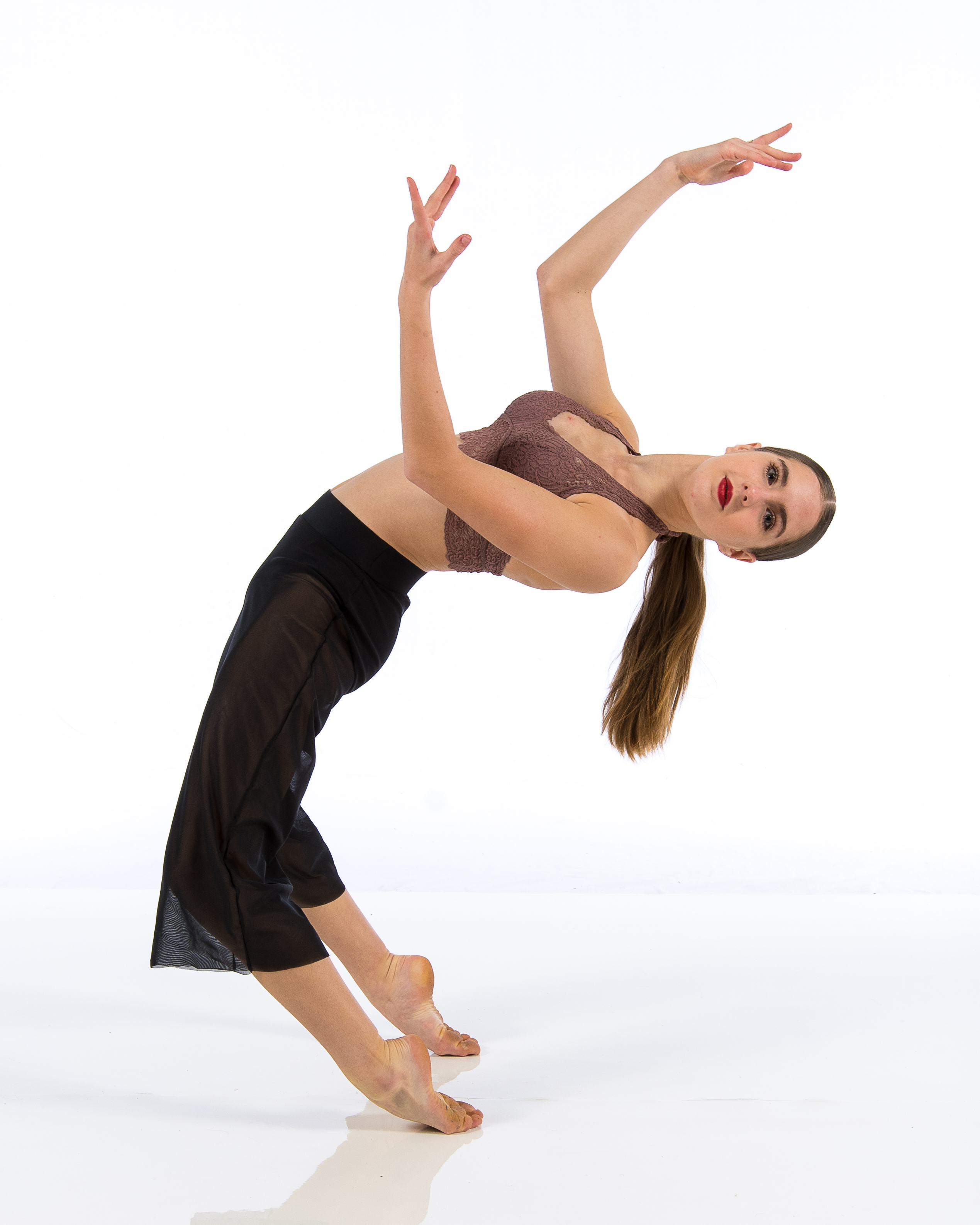Introduction
Stepping into a dance studio for the first time is an exciting experience, one that can mix an alcoholic drink of feelings-- enjoyment, nervousness, expectancy. Whether you're a seasoned professional dancer or just beginning your trip, understanding the nuances of dance studio decorum can raise your experience and boost your relationships with instructors and fellow dancers alike. In this comprehensive guide, we'll dive deep into Mastering Dance Studio Rules: Important Tips for Beginners and Pros Alike
From basic policies to innovative factors to consider, this post will certainly cover whatever you need to understand about navigating the vibrant globe of dancing workshops. So tighten up those shoe laces and let's obtain started!
The Importance of Dance Studio Etiquette
Why Rules Issues in Dance Studios?
In any type of creative atmosphere, decorum plays a critical function in preserving consistency and respect amongst individuals. Dance workshops are no exception. Excellent decorum fosters a favorable atmosphere where creativity can flourish.
- Respect: Being mindful in the direction of trainers and fellow dancers builds common respect. Focus: Proper behavior lessens disturbances, enabling everyone to focus on learning. Community: Etiquette aids create an encouraging neighborhood that encourages growth and camaraderie.
Common Misconceptions About Dance Studio Etiquette
Many beginners hold misconceptions about what comprises appropriate habits in dance studios. Allow's expose some misconceptions:
- Myth 1: "Only sophisticated dancers need to comply with rules." Fact: Etiquette is necessary for all degrees; it mirrors professionalism. Myth 2: "Trainers are also strict about guidelines." Fact: Instructors enforce guidelines to maintain order and respect.
Basic Dance Studio Etiquette for Beginners
Dress Code: What to Wear?
First perceptions matter! The best clothing not only shows your commitment however likewise enhances your performance. Right here's exactly how to dress suitably:
- Comfort: Pick clothes that allow cost-free movement. Footwear: Buy good-quality shoes fit to your dance style.
|Dance Design|Advised Attire|| -------------|-------------------------|| Ballet|Leotard, tights, ballet slippers|| Hip-Hop|Baggy garments, sneakers|| Tap|Comfortable garments, tap footwear|
Arriving in a timely manner: Punctuality is Key!
Being late can disrupt the entire class. Goal to arrive at the very least 10 mins early to:

- Warm up. Settle in mentally.
Tip: If you're running late as a result of unpredicted scenarios, educate the teacher beforehand.
Quiet Zone: Keeping Silence Prior To Class
Dance workshops prosper on emphasis. Maintain discussions to a minimum prior to course begins to make sure everyone can prepare mentally.
Intermediate Dance Studio Decorum: Structure Relationships
Respecting Personal Area in Class
Every professional dancer deserves their area throughout practice sessions. Avoid crowding others while exercising steps or routines.
Why It Issues: Respecting individual room advertises comfort and facilitates much better understanding experiences.
Listening Actively Throughout Instructions
When a trainer is speaking, it's crucial to listen. Active listening shows respect and aids you understand important concepts.
How To Program Active Listening:
Maintain eye contact with the instructor. Nod when appropriate. Ask making clear concerns if needed.Advanced Dance Studio Rules: Elevating Your Experience
Providing Constructive Responses Wisely
As you expand more skilled, sharing comments enters into the society. However, strategy this naturally:
Focus on specific movements instead of general critique. Offer tips only if obtained by peers.Encouraging Others: Structure Community Spirit
Support your fellow dancers through support:
- Compliment their initiatives genuinely. Celebrate their achievements openly.
Mastering Dance Studio Decorum: Crucial Tips for Beginners and Pros Alike-- The Trainers' Perspective
Understanding Trainer Expectations
Instructors typically have specific assumptions concerning habits in class. Acquainting yourself with these can considerably enhance your learning experience:
Listen diligently when they speak. Follow instructions precisely. Give your best effort during every session.Building Relationship with Your Instructor
Establishing a great partnership with instructors can be helpful for your growth as a dancer:
- Ask concerns related to choreography or method after class. Thank them for their support post-class; recognition goes a lengthy way!
Handling Problem With dignity in the Dance Studio Environment
Dealing with Disagreements Amongst Peers
Conflicts may emerge within any type of group setting; understanding exactly how to handle them gracefully is vital:
Approach the individual privately without rising tension. Use "I" declarations rather than "you" declarations (e.g., "I really felt overlooked when ...").Addressing Issues with Teachers Professionally
If you have worries relating to direction or classroom dynamics:
Request a personal meeting after class hours. Express your sensations constructively concentrating on solutions as opposed to complaints.The Function of Non-Verbal Interaction in Dance Studios
Understanding Body Language Signals
Dance inherently includes non-verbal interaction; understanding exactly how body language functions in this context is essential:
Positive body language (e.g., open stance) fosters connection. Negative signals (gone across arms) might convey defensiveness or disengagement. More helpful hintsUsing Eye Contact Efficiently Throughout Classes
Maintaining eye contact with trainers conveys listening while additionally helping build connection amongst peers throughout group performances!

FAQs
Q1: What should I put on for my first dance class?

Q2: Is it okay to miss classes occasionally?
A2: Life takes place! Inform your teacher in advance when possible; they'll appreciate your consideration.
Q3: Just how do I handle feeling timid around other dancers?
A3: Beginning little-- introduce yourself one-on-one before expanding interactions slowly as experience grows!
Q4: Can I bring good friends along to observe classes?
A4: A lot of studios favor prior setups; talk to management first so they know additional attendees!
Q5: What if I differ with a teacher's feedback?
A5: Approach them respectfully post-class; express feelings making use of "I" statements concentrating on constructive dialogue instead of confrontation!
Q6: Need to I take part in efficiencies also if I'm new?
A6: Absolutely! Getting involved increases self-confidence-- speak out relating to any hesitations so accommodations can be made accordingly!
Conclusion
Mastering dance studio rules isn't nearly adhering to rules; it has to do with growing an enriching setting where every person really feels valued and influenced-- whether you're simply beginning or improving advanced techniques as a seasoned pro! By sticking carefully to these vital ideas laid out right here under Mastering Dance Studio Rules: Essential Tips for Beginners and Pros Alike, not just will you enhance your own experience yet additionally contribute favorably in the direction of supporting an inviting neighborhood within each dance studio you elegance with your visibility! So take these understandings onward into every workshop area you go into-- and let the rhythm lug you toward excellence!